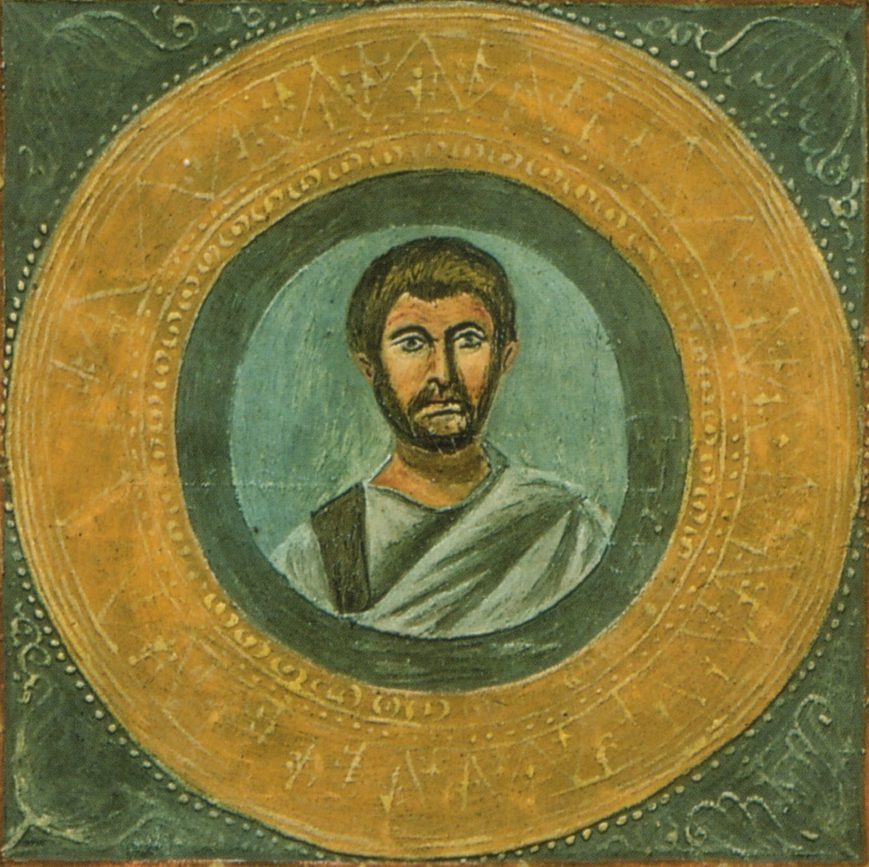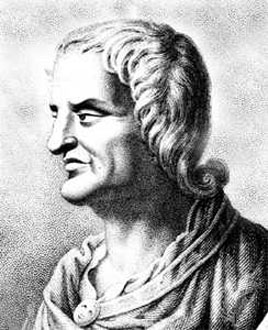AIESEC Indore Food Fest
 On 15th July, 2012 AIESEC Indore organised an International Food Carnival where 55 international interns from 12 different countries showcased their culinary culture and cuisines. The event was held at Mangosteen Eco life and was powered by Radio Mirchi. The event started at 5 o clock in evening where 30+ dishes from various different countries were put in the form of stalls.
On 15th July, 2012 AIESEC Indore organised an International Food Carnival where 55 international interns from 12 different countries showcased their culinary culture and cuisines. The event was held at Mangosteen Eco life and was powered by Radio Mirchi. The event started at 5 o clock in evening where 30+ dishes from various different countries were put in the form of stalls.The 55 interns from 12 different countries were in Indore for Choithram International School for a social project on Child Rights, Child abuse and Child Education.

160 people gathered to experience the mouth-watering culinary culture of different countries. Their were musical performances as well such as Internationals singing Karaoke and a small live band performance. Interns from Taiwan and Bahrain also performed some dance routines.

The primary objective of the event was to showcase the culture and
 cuisines of various countries to foster greater cultural exchange and harmony amongs those gathered. One other fun way this was implemented was by having the interns say a cuisines of various countries to foster greater cultural exchange and harmony amongs those gathered. One other fun way this was implemented was by having the interns say a few phrases in their native tongues, which the audience had to decipher.
cuisines of various countries to foster greater cultural exchange and harmony amongs those gathered. One other fun way this was implemented was by having the interns say a cuisines of various countries to foster greater cultural exchange and harmony amongs those gathered. One other fun way this was implemented was by having the interns say a few phrases in their native tongues, which the audience had to decipher.
 The names of the interns who sang in their own languages were Acho, Fatima, Xinxin fu, Tedio, Williams and Charles. Prizes were distributed to the best 2 singers: Acho and Charles. The gifts were distributed by the team of Radio Mirchi. The event was broadcasted Live on the Internet and was covered on air by Radio Mirchi which helped in gathering online audience as well as local listeners.
The names of the interns who sang in their own languages were Acho, Fatima, Xinxin fu, Tedio, Williams and Charles. Prizes were distributed to the best 2 singers: Acho and Charles. The gifts were distributed by the team of Radio Mirchi. The event was broadcasted Live on the Internet and was covered on air by Radio Mirchi which helped in gathering online audience as well as local listeners. At the end of the day AIESEC Indore provided each intern with some memorabilia from AIESEC in return for presenting their native cultures to the people of Indore via their Culinary Heritage and giving everyone present a day to remember.
At the end of the day AIESEC Indore provided each intern with some memorabilia from AIESEC in return for presenting their native cultures to the people of Indore via their Culinary Heritage and giving everyone present a day to remember. The atmosphere in the kitchen was highly charged up. The discomfort of the heat was more than made for by the rich smell of spices and excited chefs.






